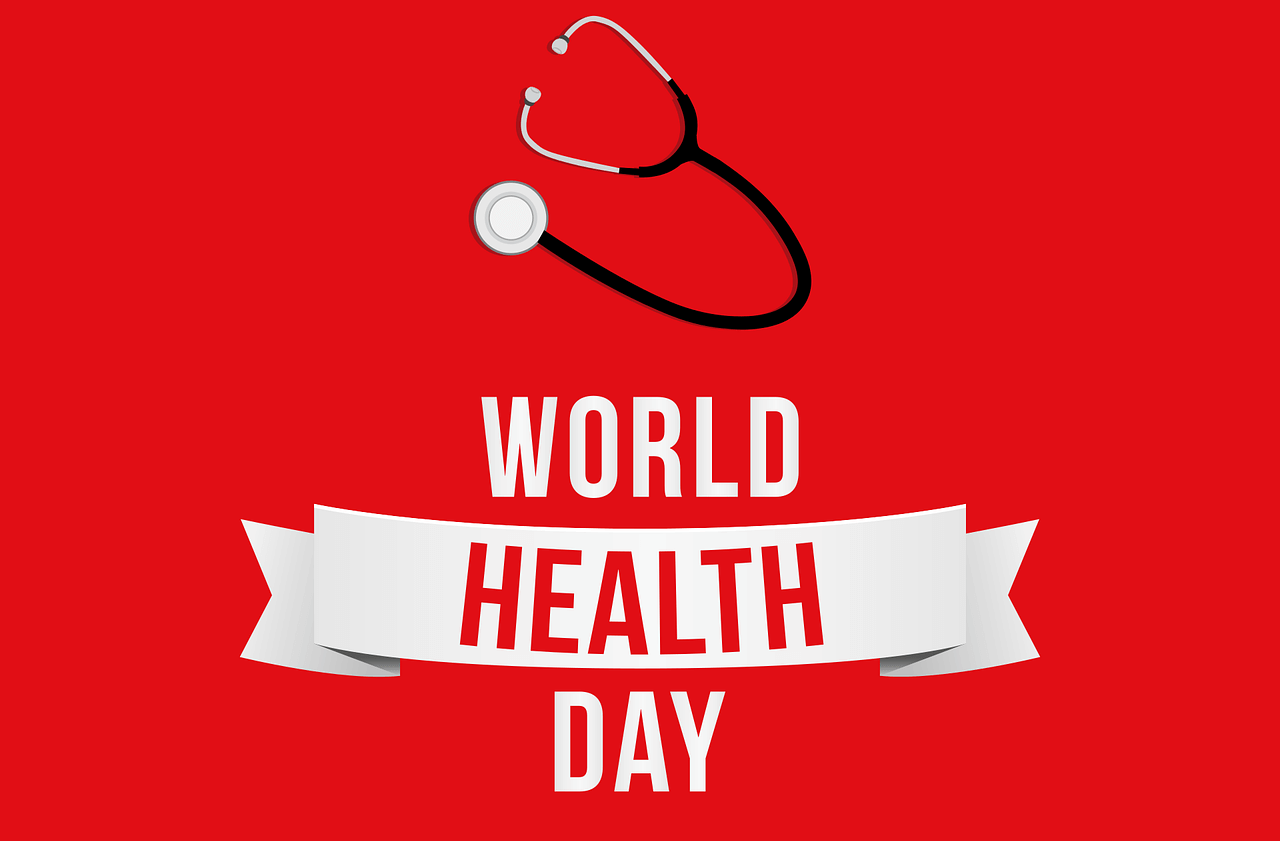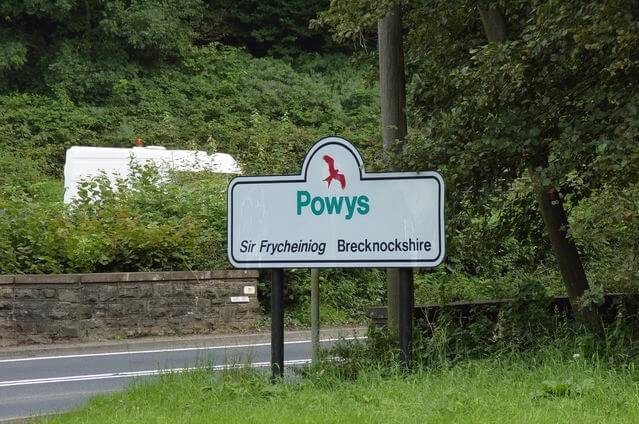Discussing the widening health inequality gap in cancer survival rates between affluent & deprived communities
We know that pancreatic cancer can affect anyone, but not everyone is affected equally. When you get your diagnosis, your chances of survival are heavily affected by where you live, your access to healthcare, and deprivation.

Today is World Health Day, where we think about our planet and our health, and imagine a world where clean air, water, housing, food and good quality health care are available to all. We know that even in the UK, not everyone has access to these basic necessities. Pancreatic cancer survival rates get worse depending on the level of poverty and deprivation your community may experience.
With Rishi Sunak’s Spring Statement forecast to force an additional 1.3 million people into absolute poverty, it is likely that pancreatic cancer survival rates will only get worse. This is coupled with continuing government cuts to local government budgets in England and Scotland, meaning services in urban and rural areas where people would go for advice or support are often closing down, such as libraries, community centres and other ‘non-essential services’.
Deprivation and poverty are not only an urban issue as many assume. Rural communities often have better health outcomes in general, but when you dig a little deeper into the data, you can see this is masking a much bigger issue. The issue of rural poverty or rural deprivation can manifest itself in many ways, such as access to services, infrastructure, housing costs, lack of public transport, fuel coats and employment opportunities. Rural poverty is more often than not hidden from public view. We see rolling hillsides, quaint villages and plenty of Land Rovers, and that does not shout poverty or deprivation to people.
The beautiful county of Powys in Wales, where the average income is higher than the rest of Wales, is a good example of how hidden rural poverty is leading to worse health outcomes. Powys has very limited public transport, and what network does exist is often infrequent, time-consuming or costly. This means that car ownership is an essential expense for many. However, owning a car does not mean you can easily access services. There are 26,330 registered patients in Powys that have to travel a minimum of 30 minutes for a round trip to the GP.

Pancreatic cancer often presents with vague symptoms, which means that many experiencing rural poverty in areas such as Powys feel they can’t either afford or can’t spare the time to go to their GP with non-descript symptoms.
Powys has the worst pancreatic cancer survival rate in all of Wales, with only 3% of patients surviving five years after their diagnosis.
The health inequality gap in cancer survival rates between affluent and deprived communities is widening. We should never accept that some people will not visit their GP because they cannot afford the bus, the petrol, or to take the time off work as acceptable in our society. It is time we reimagined a UK where those in both urban and rural areas of our nation can access the healthcare and support they need.